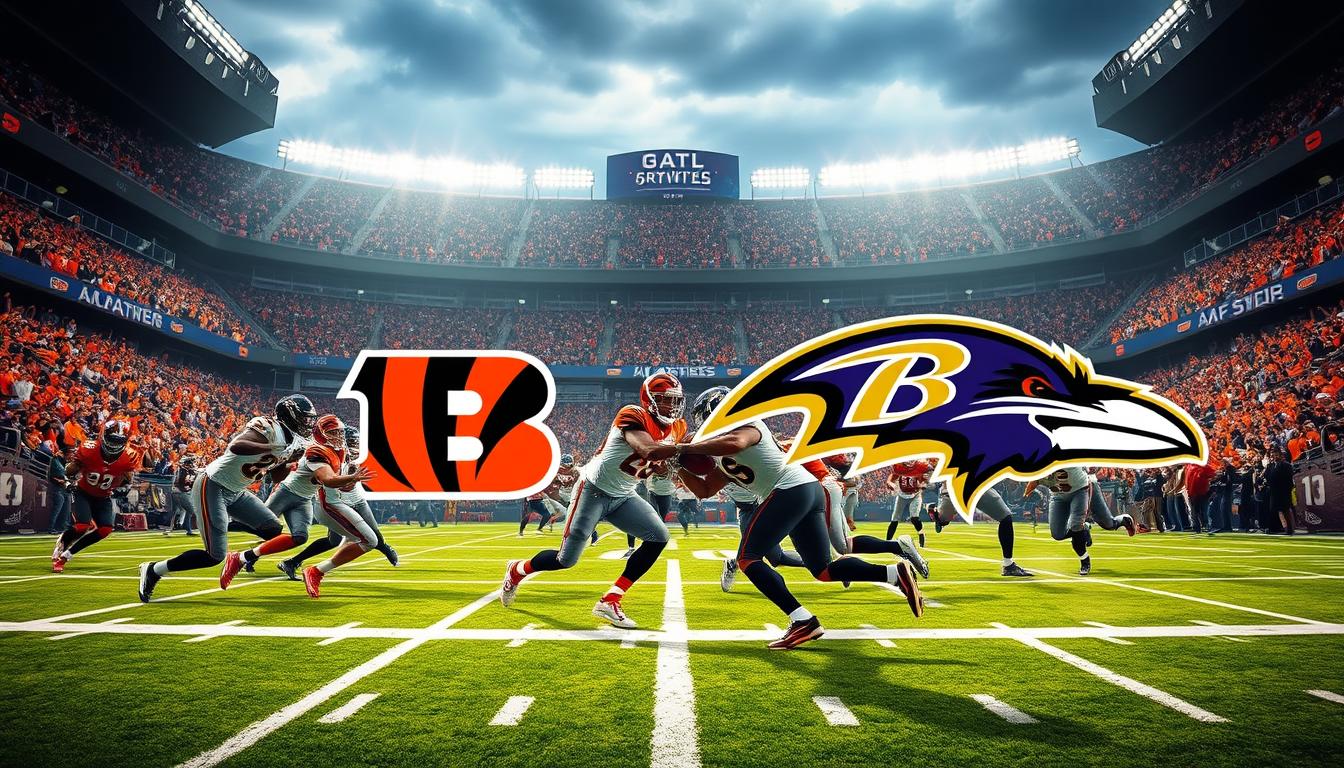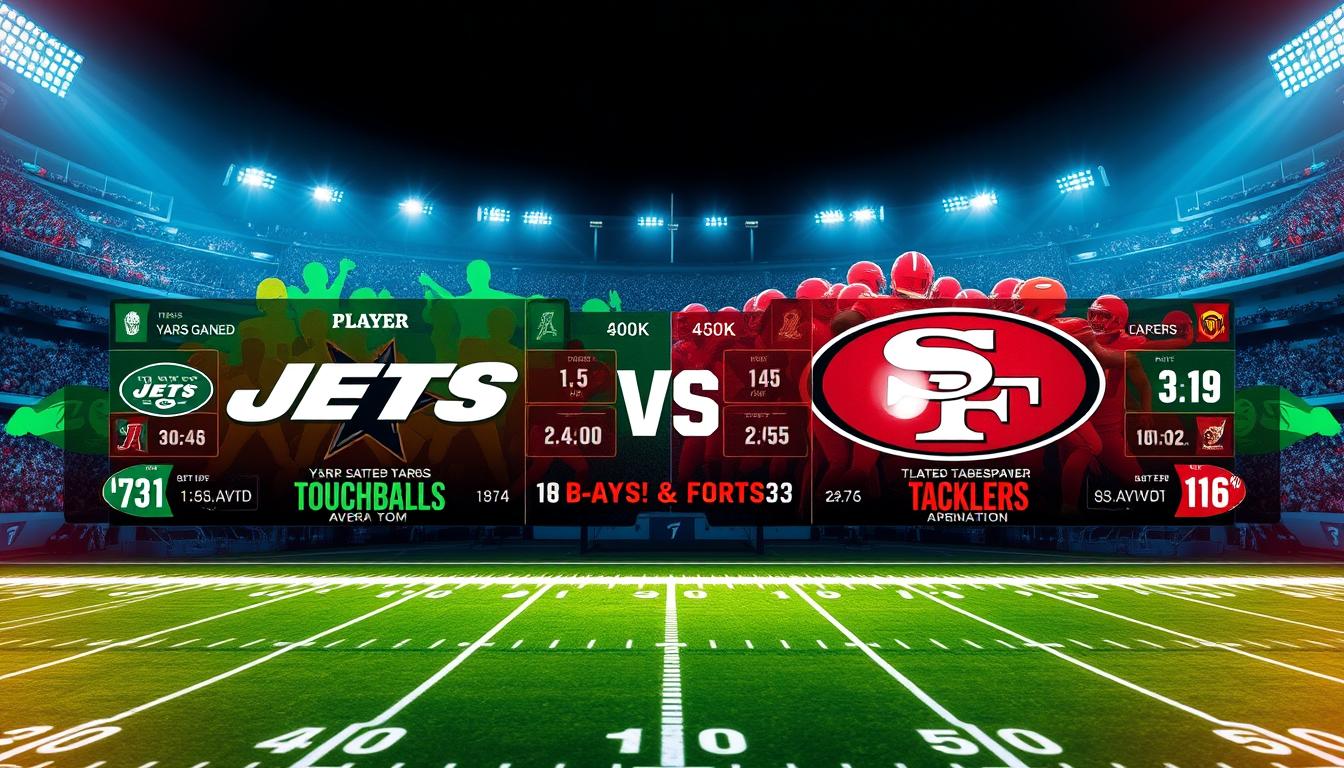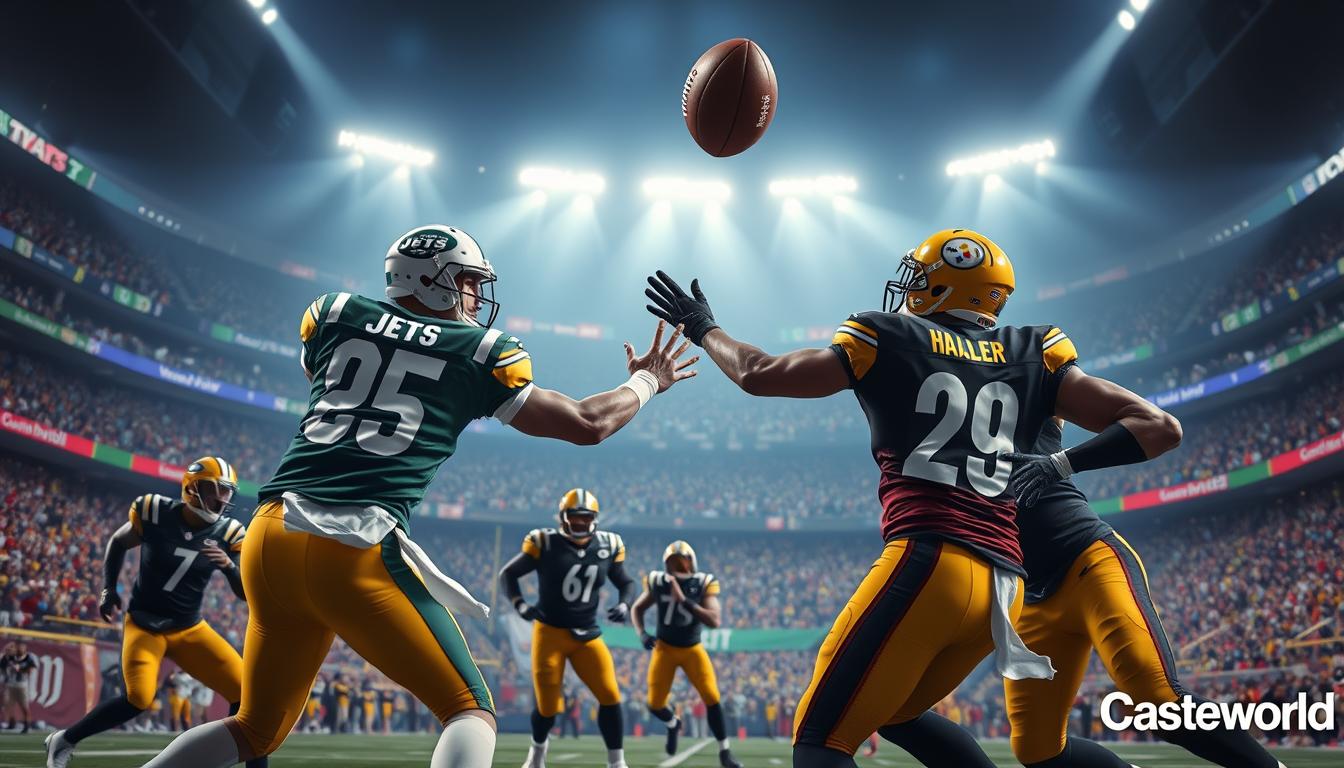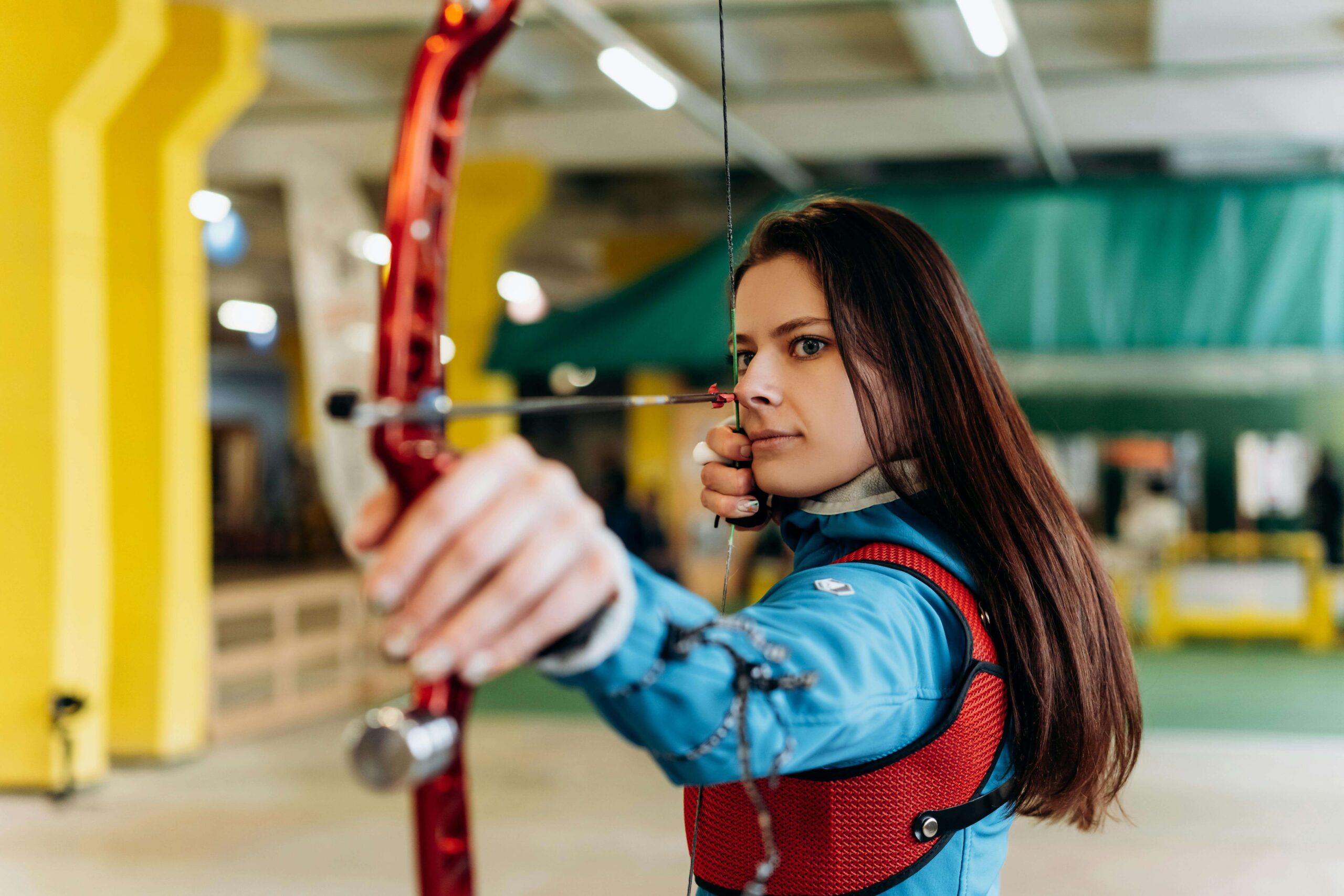Playing team sports offers many benefits, especially for mental health. These activities do more than just keep you fit. Being part of a team helps your mind too. Studies show that joining in on team sports can really help with staying mindful and feeling good overall. Team sports create a friendly place for everyone. This helps boost your mental health, leading to a happier life.
Key Takeaways
- Engaging in team sports improves overall mental health.
- Participation promotes mindfulness and emotional well-being.
- Supportive environments in team sports uplift individual spirits.
- Team sports foster camaraderie and social connections.
- Regular involvement in group sports reduces stress.
Mental Health Benefits of Team Sports
Playing team sports like soccer, basketball, or volleyball is good for your mental health. It offers more than just physical benefits. It boosts your confidence, lowers your stress, improves your social skills, and fights off depression.
Boosting Self-Esteem and Confidence
Being part of a team can make you feel better about yourself. Your teammates’ support boosts your confidence. According to the American Psychological Association, feeling like you belong is key to high self-esteem.
Reducing Symptoms of Anxiety and Depression
Team sports are great for tackling anxiety and depression. Exercise releases endorphins, making you feel happier. The support from teammates helps you feel less alone. Playing sports is a healthy way to handle mental health challenges.
Improving Social Skills and Connections
Team sports help you make friends and learn to work with others. You learn important social skills, like talking well and understanding others. Being part of a team helps you build strong, lasting friendships.
Team sports play a big part in our mental well-being. They help boost our self-esteem, reduce stress, and improve our social life. The benefits are big and vital for a happier, healthier life.
The Role of Team Sports in Youth Sports Psychology
Team sports are crucial in youth sports psychology. They focus on the mental and emotional aspects developed through sports. Engaging in these activities from a young age offers significant benefits. These gains come from group experiences and shared aims, shaping team dynamics.
Interacting with teammates brings out key developmental advantages. It boosts mental strength and a strong sense of belonging. Research shows that unity and teamwork are vital in youth sports. These elements boost kids’ mental and social skills.
Working together, young athletes face challenges and victories. This teaches them valuable lessons about teamwork and psychology. They learn to overcome difficulties, boosting their mental stamina. Team sports also provide a supportive environment. This is ideal for growing mentally and emotionally.
Experts in youth sports psychology highlight the importance of team dynamics. They stress the roles of leadership, communication, and support in a team. These factors create the perfect setting for young athletes to excel. Thus, team sports benefit young people beyond just physically. They help shape strong, mentally resilient individuals.
| Aspect | Impact on Youth |
|---|---|
| Team Collaboration | Enhances communication skills, promotes mutual respect |
| Mental Resilience | Builds perseverance, ability to handle stress |
| Shared Goals | Fosters motivation, collective achievement |
Group Exercise Therapy: A Path to Mental Well-Being
Group exercise therapy is changing the way we see mental health. It uses group workouts to create a support system. This helps people feel motivated and improves mental health.
Understanding Group Exercise Therapy
Group exercise therapy means doing workouts together, led by an expert. It’s not just about being fit. It also helps people feel better mentally by building friendships and sharing goals.
Mental Health Improvements from Group Activities
Joining group fitness programs can make you mentally stronger. Doing these activities often can lower stress and feelings of sadness. People also make new friends, which makes them feel more supported.

Case Studies and Real-Life Examples
There’s a lot of proof that group exercise helps. A study from the American Psychological Association found it makes people happier and less stressed. Also, experts say it really works for long-term mental health.
| Case Study | Findings |
|---|---|
| American Psychological Association | Increased overall happiness and decreased stress levels among participants. |
| Mental Health Practitioners | Evidence of sustained mental health improvements from consistent participation in group activities. |
“Through regular group exercise therapy, individuals can experience profound and lasting benefits to their mental health. The sense of community and shared purpose is unmatched.” – Dr. Samantha Blake, Clinical Psychologist
Camaraderie and Well-Being in Team Sports
In the world of team sports, camaraderie and well-being are key. Teammates form strong bonds that go beyond the game. These bonds help improve mental health by creating a feeling of being connected.
Team sports offer a special mix of friendship and health benefits. Players support each other and share experiences. This strengthens their sense of belonging and team unity.
Playing on a team also helps build long-term friendships. The common goals and teamwork in sports connect people deeply. This improves emotional health and social skills. Check out more benefits of team sports for mental health here.
The spirit of team sports highlights the need for togetherness and support. Athletes feel better and more connected by working and winning together. This makes team sports a great support for mental health.
The Importance of Social Connections in Athletics
Athletics offer more than physical gains. They also help forge essential social ties that can endure for years. Being part of a team allows for the building and nurturing of close relationships, often leading to long-lasting friendships. These bonds offer a variety of support beyond just sports activities.
Building Lifelong Friendships and Support Networks
Sports provide a unique chance to form deep friendships. These bonds are built on shared experiences and victories, and even the challenges faced together. The feeling of togetherness and mutual backing among team members forges a valuable network. This network serves its members well, both during and after their sports careers.
- Shared Goals: Working towards a common goal solidifies bonds.
- Mutual Support: Teammates often become crucial support systems.
- Enduring Connections: Many friendships formed in sports last well into adulthood.
Enhancing Social Interaction and Communication Skills
Sports don’t just build friendships; they also improve social and communication skills. In any team, effective communication is key. Sports give a special arena for honing these abilities. Athletes learn to share strategies, give helpful feedback, and stand by their teammates. This helps them grow their overall capability to communicate.
“Athletics not only build strong bodies, but they also cultivate strong social bonds and communication skills that are essential in every aspect of life.”
The bonds made in athletics bring about comprehensive growth, touching on both personal and professional spheres. These connections lead to better team work, enhanced cooperation, and a stronger skill set for handling various social situations.
Team Bonding and Mental Health Support
Team bonding plays a big role in supporting mental health in sports teams. By taking part in team bonding activities, athletes improve their relationships and feel more united. These activities help with personal mental health too, helping athletes feel good on their own and as a team.
Activities that Promote Team Unity
Group workouts, trust exercises, and problem-solving challenges help create a strong team. Obstacle courses and games are great for trust and teamwork. Going through these activities together lets athletes learn about each other, making the team stronger.

Coaches and therapists often add team activities into training to keep the team tight. This makes sure everyone feels part of the team, which is key to unity all season.
The Impact on Individual Mental Health
Team bonding greatly benefits individual mental health. It lowers stress, boosts confidence, and strengthens emotional toughness. These activities weave support into the team, offering athletes a safety net.
The feeling of togetherness from team bonding also boosts mental well-being. As team bonds grow, athletes support each other more, especially in tough times. This creates a space where mental health support is always there.
| Activity | Benefit |
|---|---|
| Group Workouts | Improves physical fitness and encourages mutual support |
| Trust-Building Exercises | Enhances trust and communication among team members |
| Problem-Solving Challenges | Encourages teamwork and strategic thinking |
The Role of Athletic Community in Mental Health
The athletic community is key to improving athletes’ mental health. This includes athletes, coaches, fans, and local sports groups. They work together to build strong support systems that help mental wellness in sports.
Coaches have a special role in spotting mental health issues early. They can make a safe space for athletes to talk about their feelings. Fans also help by cheering and supporting, which reduces stress and anxiety.
Local sports groups play a part by offering mental health programs. They provide access to counseling and workshops focused on mental well-being. This supports not just mental health but also boosts athletic performance and happiness.
The athletic community’s joint efforts in mental health show the power of teamwork in sports support systems. Together, they make mental health a focus. This helps build tougher, happier athletes.
Sports Team Counseling and Group Support
Today, the need for sports team counseling and group support is huge. These services boost team spirit and help with mental health. They guide teams through mental health challenges effectively.
Professional Guidance in Team Settings
Experts like sports psychologists are key in team counseling. They improve athletes’ mental strength, offering strategies to combat stress. This creates a trusting and open environment, boosting the team’s mental strength and performance.
Overcoming Mental Health Challenges Together
To beat mental health issues in sports, everyone needs to work together. Group support helps build unity and encourages sharing about mental struggles. Regular counseling and team-building activities strengthen connections and purpose. This not only betters mental well-being but also boosts team performance significantly.
Conclusion
Exploring team sports shows us they’re great for mental health. They boost self-esteem and cut down on anxiety. They also help make friends and improve overall happiness. Playing team sports isn’t just about getting fit. It’s about having support and friends that make you feel better.
Being part of a team has a lasting effect. It can give you friends for life, a strong support network, and better communication skills. These things make us feel like we belong, which is key for good mental health. Team sports also offer professional help for athletes facing psychological issues, building mental toughness.
In summary, team sports are key for personal and emotional growth thanks to sports psychology. Activities that bring teams closer, the importance of friends in sports, and the supportive community are vital. So, team sports aren’t just physical—they’re a way to improve mental health and happiness in life.
FAQ
How do team sports contribute to mental health?
Team sports help decrease anxiety and depression. They boost self-esteem and confidence. They also improve well-being through social ties and physical activity.
What role does camaraderie play in well-being through team sports?
Camaraderie creates a sense of belonging and mutual support, enhancing well-being. The connections between teammates foster a deep sense of community, benefiting mental health.
Can youth participation in team sports shape psychological development?
Definitely. Playing sports as a youth positively impacts psychological growth. It helps in team dynamics, builds mental strength, and betters social and emotional skills.
What is group exercise therapy and how does it benefit mental health?
Group exercise therapy means doing structured physical activities together. It boosts mental health through socialising, increasing motivation, and easing stress and anxiety.
How do social connections in athletics benefit mental health?
Being part of athletics builds lasting friendships and support networks. Enhancing social skills and communication is key for mental well-being and growth.
What activities promote team bonding and mental health support?
Team bonding comes from exercises, shared training, and social events. These activities build trust and cooperation, supporting each team member’s mental health.
How does the athletic community support mental health?
The wider athletic community, including coaches and fans, helps create a supportive atmosphere. This environment encourages mental wellness in athletes by offering support and resources.
What is the significance of sports team counseling in mental health?
Sports team counseling provides expert mental health advice in a team context. It helps athletes face challenges together, boosting team morale and mental health.







